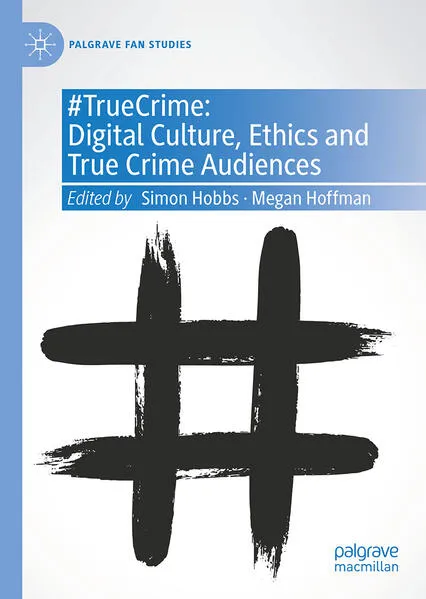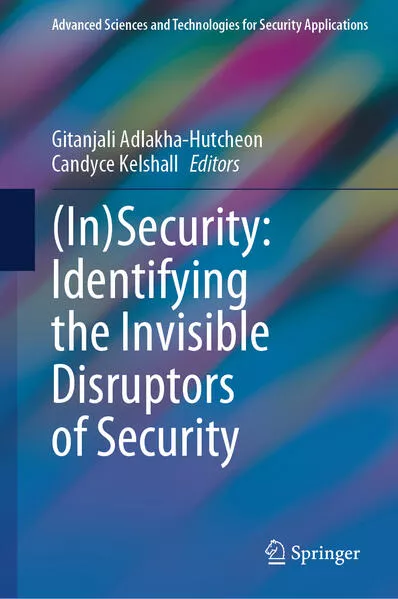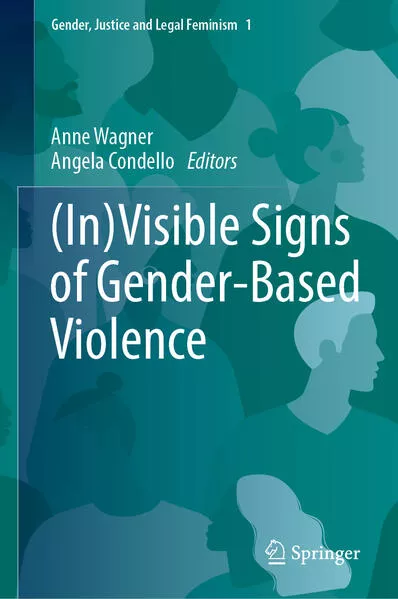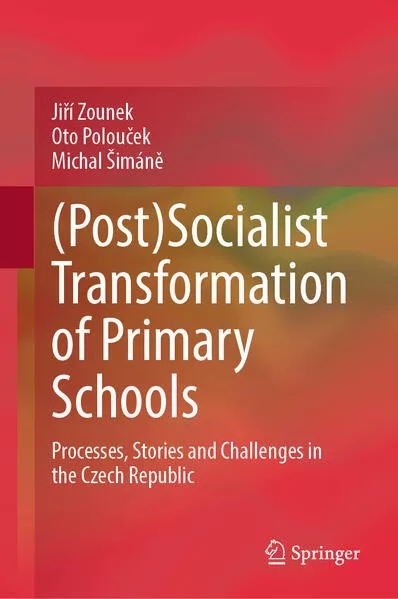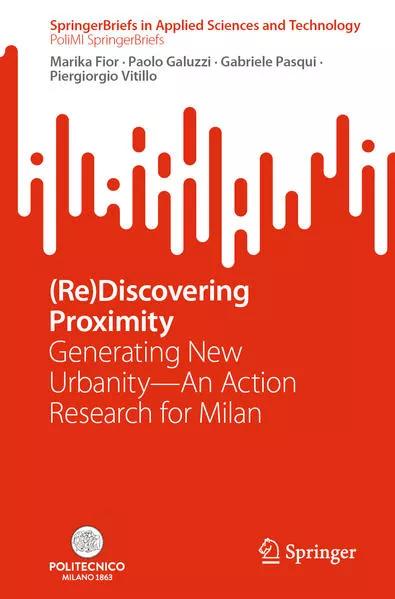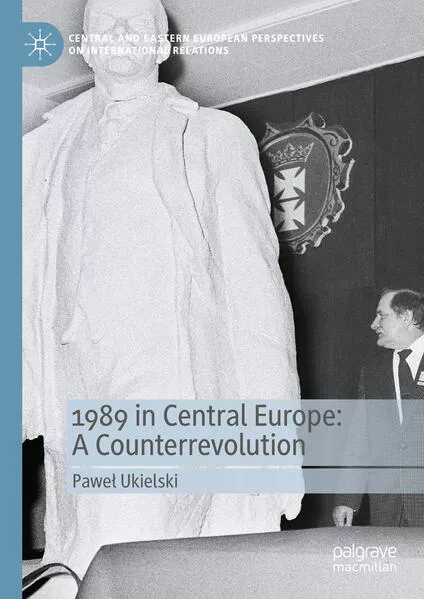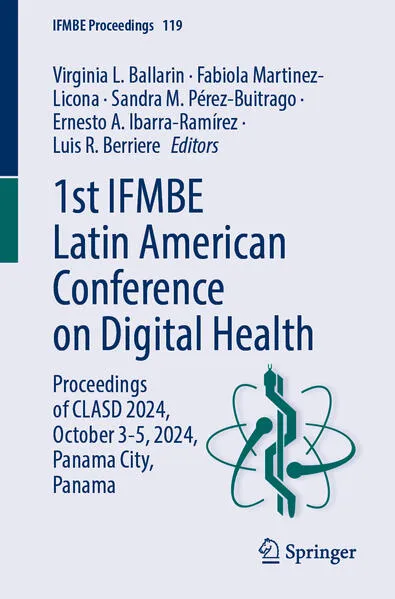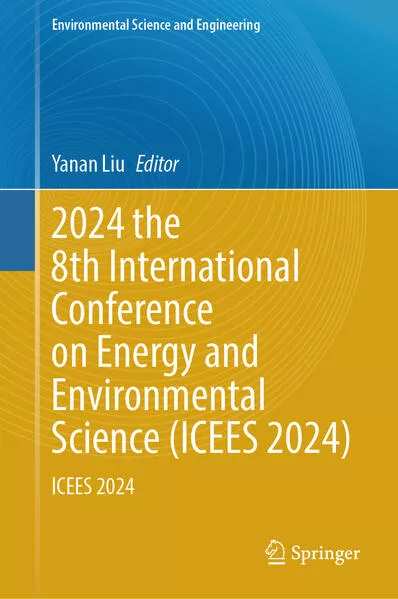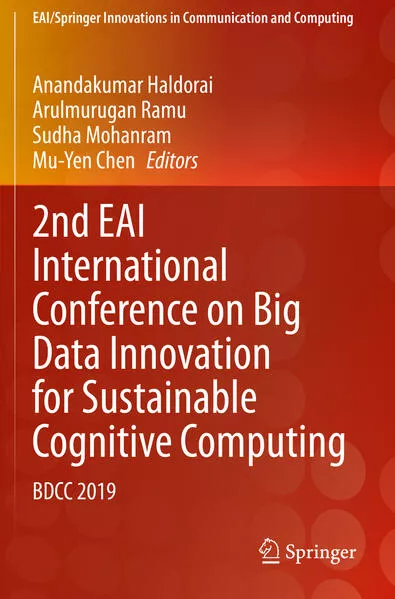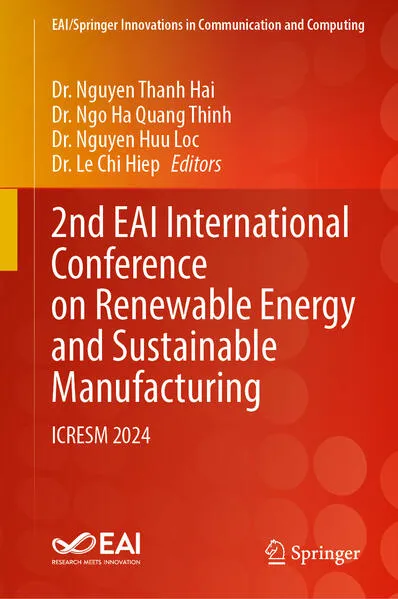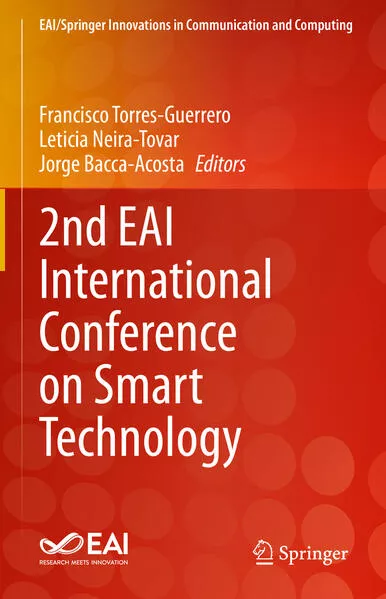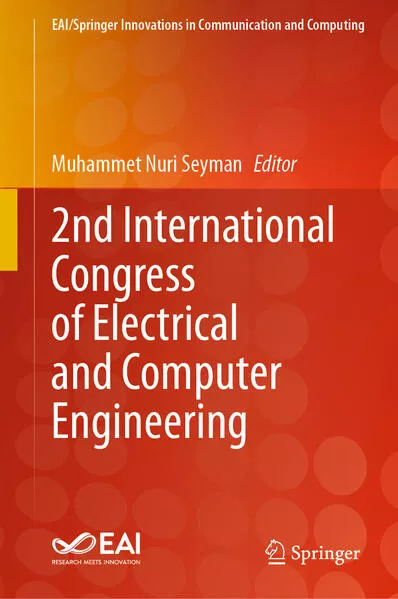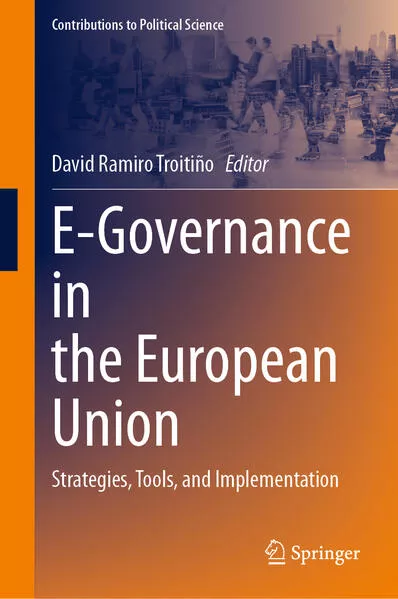
David Ramiro Troitiño
E-Governance in the European Union
- Strategies, Tools, and Implementation
ISBN: 978-3-031-56044-6
258 Seiten | € 96.29
Buch [Gebundenes Buch]
Dieses Buch gehört zur Reihe Contributions to Political Science und enthält ca. 35 Folgen.
Erscheinungsdatum:
16.07.2024
Politik
David Ramiro Troitiño
E-Governance in the European Union
Strategies, Tools, and Implementation
This book sheds new light on the future of e-governance in the European Union (EU). Drawing on the first-hand professional experience of practitioners, policymakers, and institutional stakeholders, combined with a sound academic foundation, it offers insights into successful implementation strategies and new tools necessary for efficient e-governance in the European Union.
The authors present key topics, e.g. the development of e-services such as e-identity, e-health, e-democracy, as well as e-governance tools for the correct implementation of the Digital Single Market. Furthermore, they discuss the legal framework needed for the implementation of these services, such as data protection, digital competition law, as well as EU contracts in digital environments. Finally, the authors highlight efforts to include ethical standards and European values in the decision-making, while developing a vision for the future use of e-governance in the European Union.
Understanding the tools and strategies for a successful implementation of e-governance services, as well as the necessary legal framework, will allow professionals such as policymakers and institutional stakeholders, to improve their performance and achieve better results when working on the development of future e-governance services in the European Union.
The authors present key topics, e.g. the development of e-services such as e-identity, e-health, e-democracy, as well as e-governance tools for the correct implementation of the Digital Single Market. Furthermore, they discuss the legal framework needed for the implementation of these services, such as data protection, digital competition law, as well as EU contracts in digital environments. Finally, the authors highlight efforts to include ethical standards and European values in the decision-making, while developing a vision for the future use of e-governance in the European Union.
Understanding the tools and strategies for a successful implementation of e-governance services, as well as the necessary legal framework, will allow professionals such as policymakers and institutional stakeholders, to improve their performance and achieve better results when working on the development of future e-governance services in the European Union.
Unterstütze den lokalen Buchhandel
Nutze die PLZ-Suche um einen Buchhändler in Deiner Nähe zu finden.
Bestelle dieses Buch im Internet
| Veröffentlichung: | 16.07.2024 |
| Höhe/Breite/Gewicht | H 23,5 cm / B 15,5 cm / - |
| Seiten | 258 |
| Art des Mediums | Buch [Gebundenes Buch] |
| Preis DE | EUR 96.29 |
| Reihe | Contributions to Political Science |
| ISBN-13 | 978-3-031-56044-6 |
| ISBN-10 | 3031560442 |
Über den Autor
David Ramiro Troitiño is an associate professor at the Tallinn University of Technology (Estonia). He is the author of more than 100 publications, including two Springer books related to the topic as an editor: Brexit: History, Reasoning and Perspectives (2018) and The EU in the 21st Century: Challenges and Opportunities for the European Integration Process (2020). His research focuses on the European Union from a broad perspective, approaching it as a process.Guillermo A. Pérez Sánchez is a Professor of Contemporary History at the Department of Modern, Contemporary, American History, Journalism and Audiovisual Communication and Advertising at the University of Valladolid (Spain), and Director of the Institute for European Studies (Jean Monnet Center of Excellence). Previously, he has been a "Salvador de Madariaga Fellow" at the European University Institute of Florence (Italy), where he has worked on issues related to European integration. Pérez Sánchez's research focuses on the European ideal, the recent history of the Eastern countries and the former Soviet Union, as well as on relations between the global North and South. He has published various books, book chapters, and journal articles on these topics, including the Springer volume "The EU in the 21st Century" (2020) as a co-editor.
Ricardo Martín de la Guardia is a Professor of Contemporary History at the University of Valladolid (Spain) and a Jean Monnet Professor for the History of the European Union since January 2020. Previously, he was the Director of the Institute of European Studies at the Jean Monnet Center of Excellence, University of Valladolid, between 2009 and 2013. His research focuses on international relations and European integration. Martín de la Guardia is the author, co-author, or editor of various books, journal articles, and book chapters, including the Springer volume "The EU in the 21st Century" (2020) as a co-editor.
Diesen Artikel teilen
0 Kommentar zu diesem Buch
.... weitere Publikationen von Springer International Publishing
Leserunde
Echo aus dem Eis: Band 2 der Northern-Drift-Reihe - Aviation-Mystery in Eis und Dunkelheit
Bewerbungsfrist bis zum: 03.03.2026




